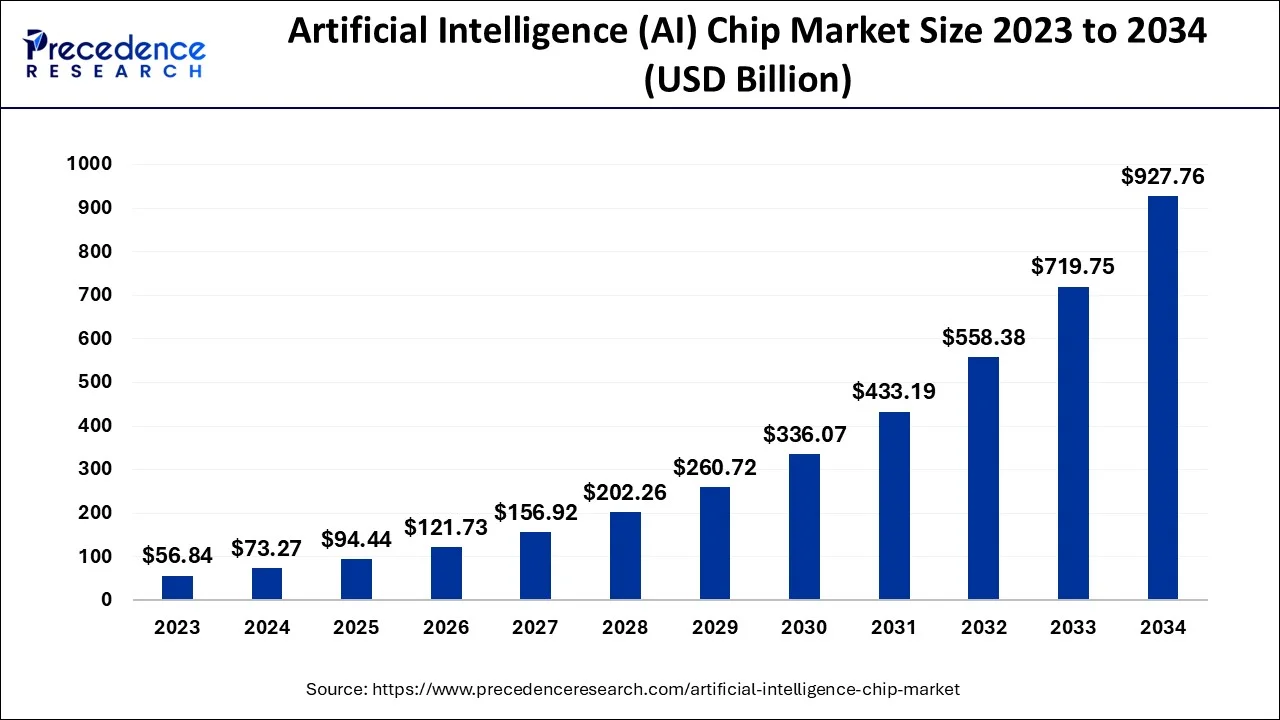AMD Projects Explosive AI Computing Growth and Rising Chip Costs: Key Investor Insights

AMD Projects Explosive Growth in AI Computing and Anticipates Increased Chip Costs
During a recent financial conference hosted by a leading investment firm, a senior executive from the prominent semiconductor company unveiled compelling insights regarding the trajectory of artificial intelligence-related computing. The discussion highlighted significant expansion in the AI-driven processor sector, with projections suggesting the market could reach a staggering half a trillion dollars within the next few years. This anticipated growth aligns with surging demand for specialized computational hardware designed to accelerate AI workloads.
In addition to this optimistic forecast, the executive outlined expectations for higher pricing on forthcoming generations of AI-centric processing units. These new chips are positioned to deliver enhanced capabilities that justify their premium positioning, reflecting advancements in architecture and performance features. Such pricing trends are indicative of the growing complexity and value embedded in modern AI accelerator technologies.
Moreover, the topic of geographic supply constraints was addressed, revealing the readiness of the company to restart shipments of advanced accelerators to key international markets once regulatory permissions are secured. Previous export limitations had a noticeable financial impact, estimated in the hundreds of millions, underscoring the intertwined nature of technology development and geopolitical considerations.
Market Expansion Driven by Transformative AI Applications
The global market for AI-specific computational solutions is on pace for rapid expansion, fueled by the growing integration of AI across various industries. These workloads typically require specialized processors capable of handling intense neural network computations, demanding significant improvements in throughput, energy efficiency, and programmability.
Shifts within this sector are moving beyond initial training phases towards inferencing, which involves real-world application of trained models — a stage requiring broad deployment of highly efficient accelerators. This shift plays a pivotal role in driving the projected market valuation upwards, emphasizing a structural change in demand patterns for AI hardware.
The company’s recent launches exemplify this trend, with new graphical processing units featuring increased token processing rates and improved efficiency. These enhancements aim to provide adopters with better performance per dollar, facilitating accelerated AI deployment and adaptation in enterprise environments.
Chip Pricing Reflects Advanced Feature Sets and Innovation
It has been acknowledged that the pricing landscape for upcoming AI computing hardware will see upward pressure. This reflects the incorporation of sophisticated functionalities and architectural innovations designed to meet the evolving needs of AI workloads. The increased cost structure accompanies enhancements such as greater throughput, finer programmability, and improved integration capabilities.
While rising chip costs may present challenges for short-term adoption, they simultaneously signal the value and competitive differentiation these next-generation accelerators bring. This pricing evolution is expected to be absorbed by organizations investing strategically in AI infrastructure, seeking long-term returns through improved operational efficiencies and enhanced AI capabilities.
Resumption of Advanced Hardware Shipments to China
The semiconductor supplier indicated its preparedness to resume exports of sophisticated computing accelerators to China upon receipt of the necessary government licenses. The prior year’s export restrictions had a measurable financial impact, indicating the significance of this market for the company’s AI hardware sales.
This development underscores the critical role that regulatory frameworks play in shaping the flow of technology products globally. Reinstating shipment channels is likely to facilitate better market penetration and support growth ambitions within significant AI development hubs.
Strategic Shift Towards Enhanced Cloud Investment
In light of these dynamics, the company advises enterprises to increase their investments in cloud infrastructure. By leveraging improved AI processing capabilities deployed within cloud environments, businesses can achieve greater operational efficiency while maximizing returns on capital expenditures.
Such strategic adaptation will position organizations to capitalize fully on the transformative potential of AI technologies, enabling scalability and flexibility. This also reflects broader industry trends emphasizing the hybrid cloud model as an essential platform for AI innovation and deployment.
Overall, the discourse at the recent conference paints a landscape where AI compute demand is accelerating vigorously, accompanied by evolving hardware pricing reflective of enhanced capabilities, and influenced by changing regulatory and market access conditions. The company’s proactive positioning in this environment reflects an emphasis on innovation, strategic market engagement, and enabling client success through advanced computational solutions.
